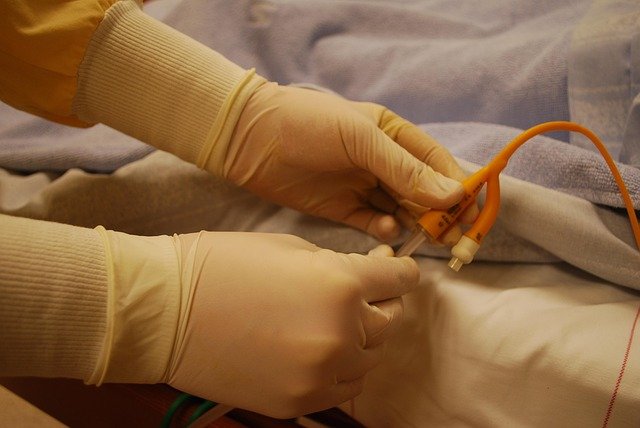PCT Certification Programs for CNAs: What to Know About Patient Care Technician Training
Patient Care Technician (PCT) certification programs can be a valuable step for Certified Nursing Assistants (CNAs) looking to expand their skills and career opportunities. These programs focus on additional clinical tasks and patient care methods. Learn what to expect and how others approach PCT training. Learn more inside.

What is a Patient Care Technician (PCT)?
A Patient Care Technician is a healthcare professional who provides direct patient care under the supervision of nurses and doctors. PCTs perform a wide range of duties, including basic patient care, monitoring vital signs, collecting specimens, and assisting with medical procedures. While there is some overlap with CNA responsibilities, PCTs generally have a broader scope of practice and may handle more complex tasks.
How do PCT roles differ from CNA responsibilities?
While both CNAs and PCTs provide essential patient care, PCTs typically have expanded responsibilities. CNAs focus primarily on assisting patients with daily living activities, such as bathing, dressing, and eating. PCTs, on the other hand, may perform additional tasks such as:
-
Electrocardiogram (EKG) monitoring
-
Phlebotomy (drawing blood)
-
Catheter care and insertion
-
Wound care and dressing changes
-
Assisting with medical procedures
These additional skills allow PCTs to take on a more active role in patient assessment and treatment, working closely with nurses and physicians to provide comprehensive care.
What does patient care technician training involve?
PCT certification programs for CNAs typically build upon the foundational knowledge and skills acquired during CNA training. The curriculum often includes:
-
Advanced patient care techniques
-
Medical terminology and anatomy
-
Phlebotomy and specimen collection
-
EKG monitoring and interpretation
-
Infection control and safety procedures
-
Communication and documentation skills
Training programs may vary in length, but most range from 20 to 40 weeks, depending on whether they are full-time or part-time. Many programs include both classroom instruction and hands-on clinical experience to ensure students are well-prepared for their new roles.
How to become a PCT: Steps for CNAs
For CNAs looking to advance their careers by becoming PCTs, the process typically involves the following steps:
-
Obtain CNA certification and gain experience in the field
-
Research and choose an accredited PCT certification program
-
Complete the required coursework and clinical training
-
Pass the certification exam, such as the one offered by the National Healthcareer Association (NHA)
-
Maintain certification through continuing education and renewal requirements
It’s important to note that some employers may offer on-the-job training for CNAs to transition into PCT roles, while others may require formal certification before hiring.
What are the benefits of PCT certification for CNAs?
Obtaining PCT certification can offer several advantages for CNAs looking to advance their healthcare careers:
-
Expanded skill set and knowledge base
-
Increased job responsibilities and autonomy
-
Potential for higher wages and better benefits
-
Enhanced career advancement opportunities
-
Greater job satisfaction through more diverse patient care duties
PCTs may find employment opportunities in various healthcare settings, including hospitals, long-term care facilities, clinics, and home health agencies.
What is the cost of PCT certification programs?
The cost of PCT certification programs can vary widely depending on the institution, program length, and location. Here’s a general overview of what CNAs can expect in terms of program costs:
| Program Type | Provider | Cost Estimation |
|---|---|---|
| Community College | Various local colleges | $1,000 - $3,000 |
| Vocational School | Career and technical institutes | $1,500 - $4,000 |
| Online Programs | Ed2Go, MedCerts, Penn Foster | $1,200 - $2,500 |
| Hospital-Based Programs | Local healthcare systems | $800 - $2,500 |
Prices, rates, or cost estimates mentioned in this article are based on the latest available information but may change over time. Independent research is advised before making financial decisions.
It’s important to note that these costs typically cover tuition, books, and materials. Additional expenses may include uniforms, certification exam fees, and any required immunizations or background checks. Some programs may offer financial aid options or payment plans to help make the certification more accessible.
In conclusion, PCT certification programs offer CNAs a valuable opportunity to expand their skills and advance their healthcare careers. By understanding the training requirements, career benefits, and potential costs associated with becoming a Patient Care Technician, CNAs can make informed decisions about their professional development and future in the healthcare industry.
This article is for informational purposes only and should not be considered medical advice. Please consult a qualified healthcare professional for personalized guidance and treatment.




